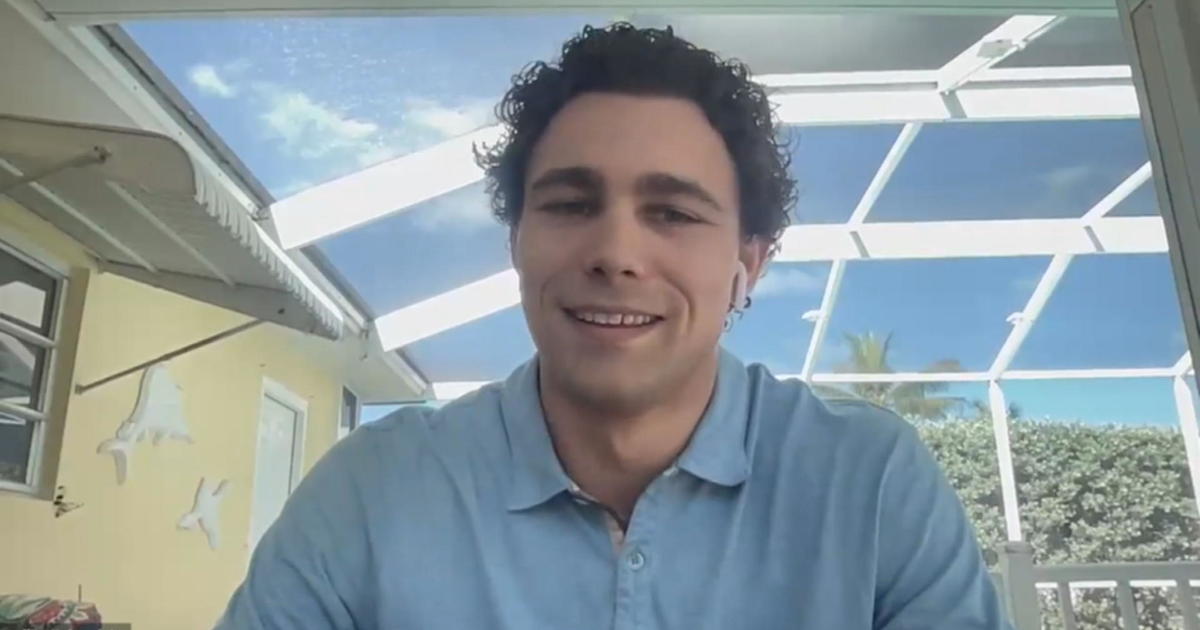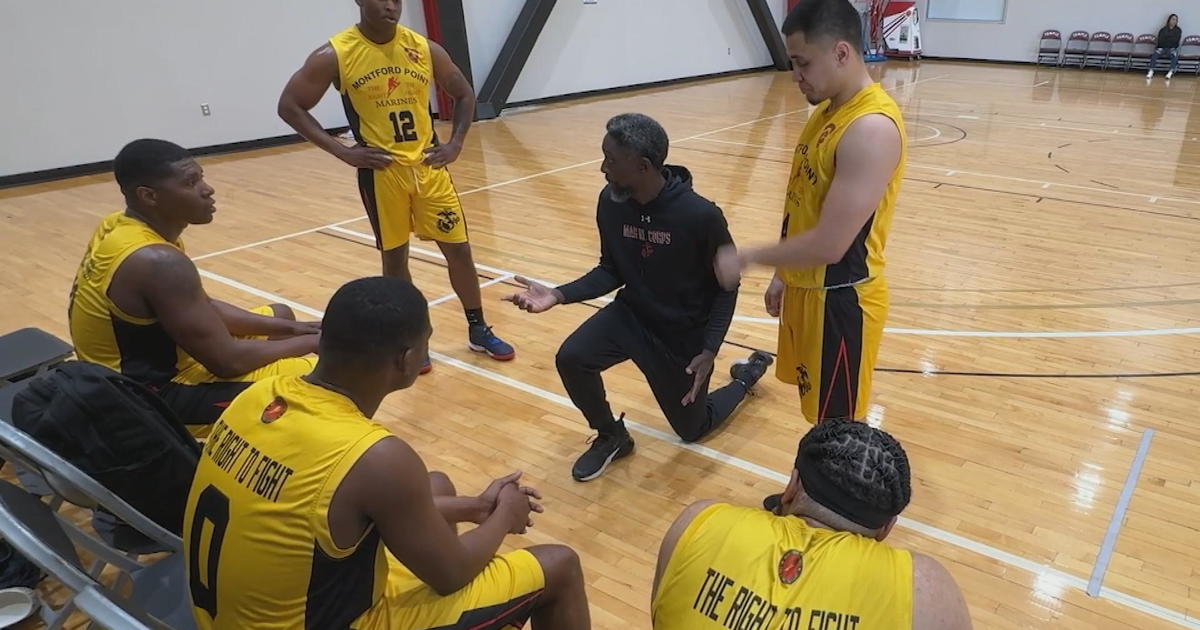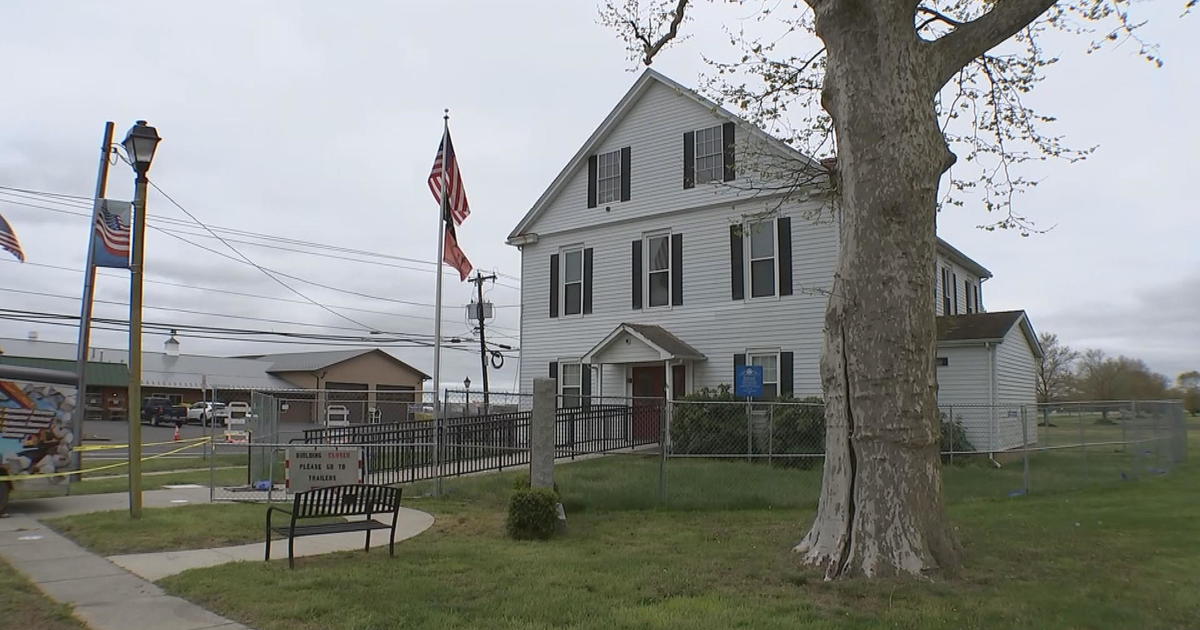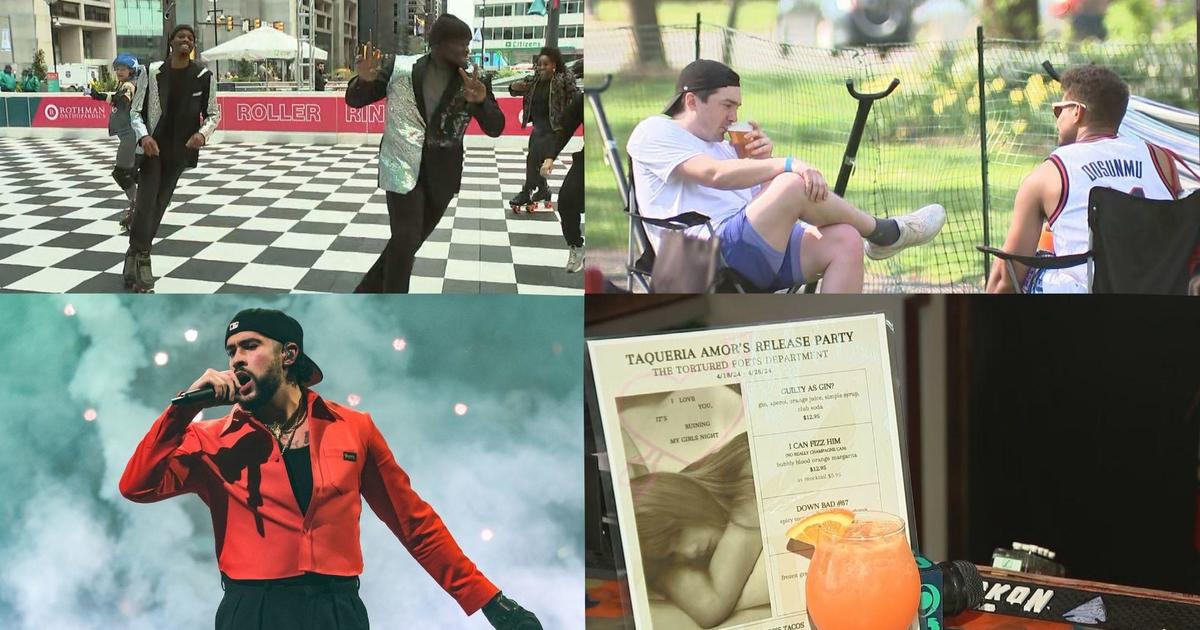Health Watch: AEDs Save Lives, But Is More Oversight Needed?
PHILADELPHIA (CBS) -- Defibrillators in public places. They're supposed to save lives, but there's no guarantee they'll work. It's an issue currently being reviewed by the FDA.
Automated External Defibrillators, or AEDs, are everywhere, including gyms, schools, offices and airports.
When seconds count, they're supposed to save lives and are designed so that people with no training can deliver a shock to someone in sudden cardiac arrest. But they don't always work the way they're supposed to.
"It's scary to think about. It's really scary," said Al Keleher, who was saved by an AED. He had a heart attack at the gym and passed out.
"I thank God they had a defibrillator there," said Al.
He was lucky. The FDA has 22,000 reports of defibrillators malfunctioning over the last five years from problems like a dead battery or failure to deliver a shock.
"If you pulled this off the wall, and it's not working?" Reporter Stephanie Stahl asked.
"Then you're done," responded Dr. John Hirshfeld, a cardiologist at the Hospital of the University of Pennsylvania. He says there is not enough regulation of AEDs and no federal mandates to make sure they work.
"I'm sure there are a number of times where people who could have been saved were not saved, because the device didn't work properly," said Dr. Hirshfeld. He is on an FDA advisory panel that's recommending new standards to monitor defibrillators, with some kind of review process to make sure they work and that malfunctions are reported and corrected.
"These things need to be checked, and you need to make sure they're going to operate properly. I think it's a public health issue," said Dr. Hirshfeld.
Stephanie Stahl reports...
Currently, there are manufacturing standards, but no outside oversight once a defibrillator is purchased. It's up to the establishments that own them; some check to make sure they're working, while some don't.
"They told me that about a week before, they'd gone around and did their maintenance on it," said Al. The grandfather of five thinks all AEDs need to be better regulated to make sure they work the way they're supposed to.
"That's what saved my life," said Al.
We called several defibrillator manufacturers, but did not hear back from them.
The industry has argued that more regulation is not necessary, and there is no word on when the FDA might act on the advisory committee recommendation.
For more information from the FDA on defibrillators, click here.
For information from Penn Medicine's AED Training Center, click here.
Reported by Stephanie Stahl, CBS3



